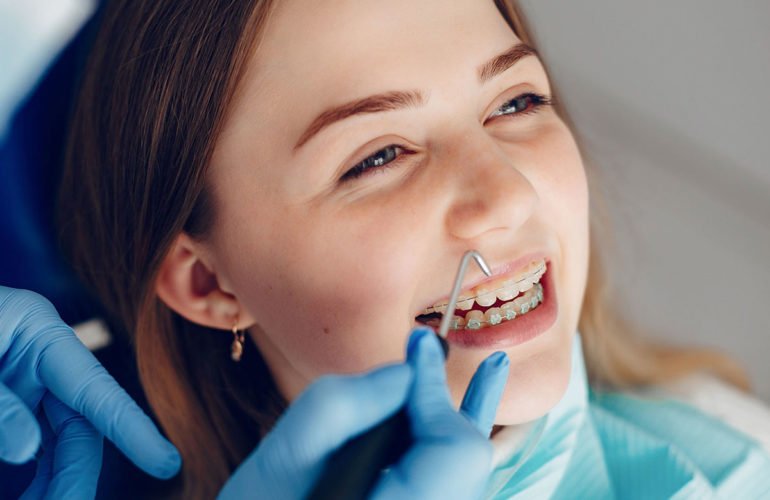Holistic dental care takes an alternative approach to oral health by considering the overall well-being of an individual. Rather than focusing solely on teeth and gums, holistic dentists often inquire about a patient’s emotional state, dietary habits, physical activity, and general lifestyle. This comprehensive view reflects the belief that oral health is deeply interconnected with overall health.
Also referred to as biological or environmental dentistry, holistic dental care is based on the idea that the teeth are integral to the health of the entire body. Practitioners aim to treat dental issues as part of broader systemic conditions, rather than isolating them. As a result, they may treat multiple health concerns in parallel, seeking a balanced and whole-body approach to care.
The services and methodologies of holistic dentists can vary significantly. Some practitioners may offer more effective or science-backed approaches than others, so it’s important to conduct thorough research before selecting a holistic dentist whose philosophy aligns with your health goals.
Key Differences Between Holistic and Mainstream Dentistry
1. Fluoride
Unlike traditional dentists who advocate for fluoride use in toothpaste and treatments, holistic dentists often reject it. They question its effectiveness in cavity prevention and raise concerns about potential toxicity due to fluoride absorption through the mouth. Given that fluoride is a known toxin and the mouth is highly absorbent, holistic dentists advocate for safer alternatives to cavity prevention.
2. Root Canals
Holistic dentists express concerns about the impact of root canals on oral and systemic health. They suggest that such procedures may lead to harmful bacteria spreading through the bloodstream, potentially contributing to other health complications. These dentists often believe that complete eradication of bacteria during a root canal is not possible, increasing the risk of future infections.
3. Mercury
Mercury, long used in dental fillings, is a toxic substance. While about half of U.S. dental practices have moved away from its use, others still utilize it under the name ‘silver fillings.’ Holistic dentists highlight the dangers of mercury exposure, especially during removal, which can release harmful vapors. Patients considering removal are advised to work with professionals skilled in safe extraction to avoid health risks.
4. Minimally Invasive Dentistry
This emerging field extends holistic dentistry by emphasizing prevention and the least invasive methods possible. Techniques such as ozone therapy aim to address dental problems without the need for drilling or filling, providing a gentler approach to treatment.
5. Diet and Other Lifestyle Factors
A core element of holistic dentistry is promoting dietary and lifestyle changes that benefit both oral and general health. This includes reducing sugar intake, avoiding acidic or syrupy drinks, and eating nutrient-rich foods. Holistic dentists view the body as an interconnected system, where positive changes in one area can enhance overall wellness.
Whitez Dental offers a unique and integrative approach to oral health. While some of its practices remain controversial in mainstream dentistry, it provides valuable insights and alternatives for those seeking to align their dental care with broader health and wellness principles. As always, individuals should consult qualified professionals and conduct personal research before making changes to their healthcare routines.



